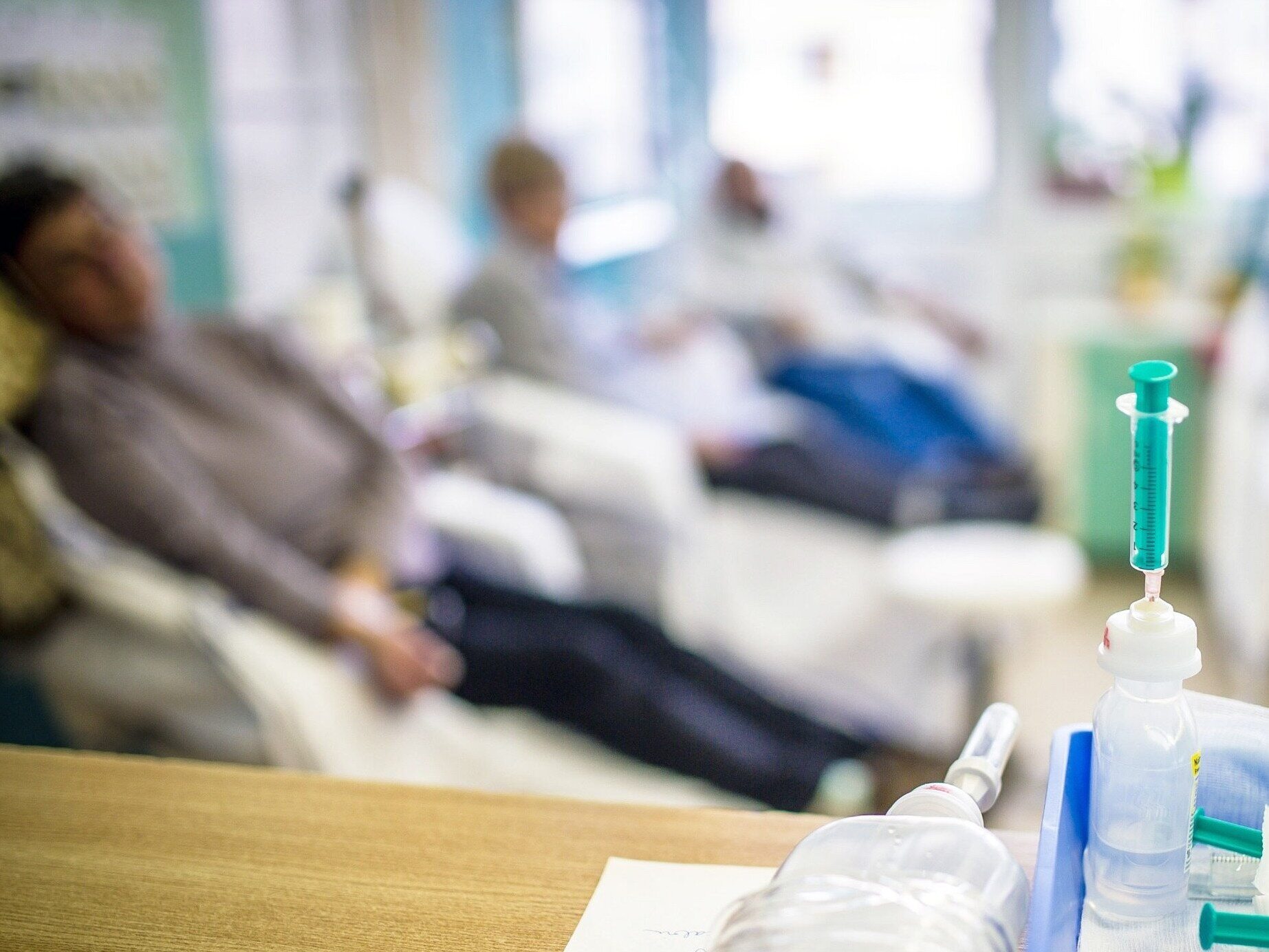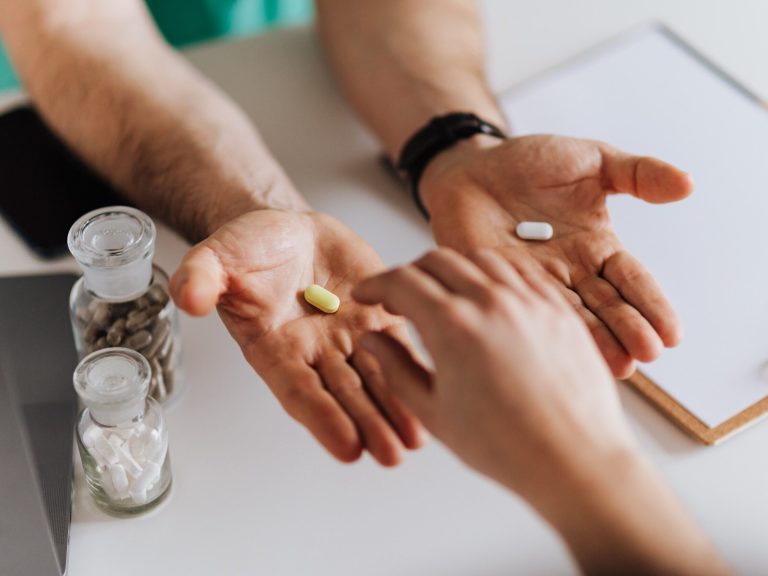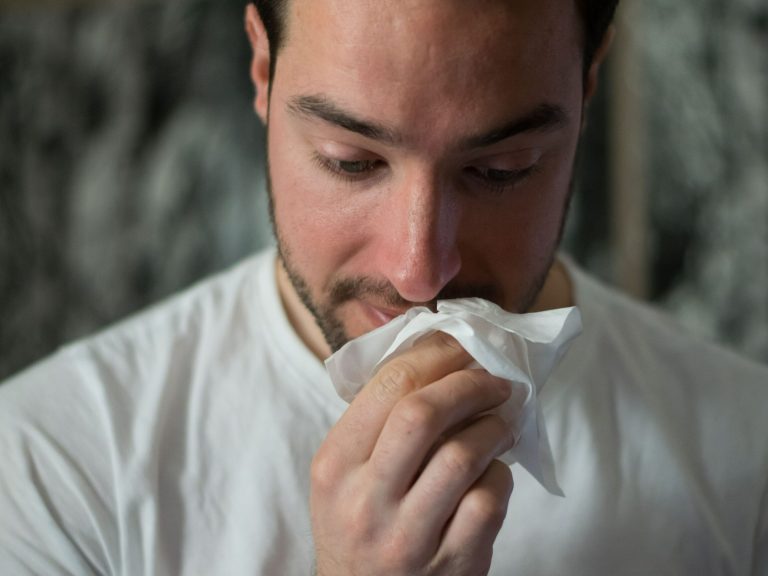Where to get medical help during the holidays? We explain when to go to the clinic and when to go to the emergency room

Flu, abdominal pain, sudden shortness of breath or suspected COVID-19? Unfortunately, the disease can also affect us during holidays. We advise you where you can get medical help in such a situation.
If a patient becomes suddenly ill or his or her health condition deteriorates, he or she has the right to seek medical assistance at any point that provides night and holiday health care services, regardless of place of residence. In this case, zoning does not apply. For example, a resident of Wrocław who spends Christmas with his family in Szczecin can get medical help at a facility in this city.
Sickness on holidays. How do I find a facility where I can get help?
If we feel worse on a weekend or on a holiday, we can use night and holiday medical assistance. In designated facilities, such assistance is provided 24 hours a day on non-working days (and on weekdays from 6 p.m. to 8 a.m.). Addresses and contact details of night and holiday health care points are available on the websites of the provincial branches of the National Health Fund. He also comes to help telephone number 800 190 590, where consultants are on duty 24 hours a day. If in doubt, they will direct us to the appropriate point. Importantly, night and holiday medical assistance is provided free of charge as part of health insurance. You do not need a referral or prior reservation. The doctor can also provide advice by phone.
When to go to the emergency room and when to go to the clinic?
Very often, patients, unaware of how the Polish health care system works, show up at hospital emergency departments (EDs) with every ailment on weekends and holidays. This is a mistake, because emergency departments are supposed to be places where patients in life-threatening situations are supposed to go. This is not the right place to report a cold or rash, because at that time we may lose the chance to help patients whose condition is life-threatening. In the Emergency Department you will not receive a prescription for missing medications, a sick leave or a referral to a sanatorium.
Assistance under night and holiday medical care is provided in the following situations:
-
sudden illness,
-
sudden deterioration of health, when there are no symptoms suggesting an immediate threat to life,
-
significant damage to health when home remedies or over-the-counter medications did not bring the expected improvement,
-
when there is a concern that waiting for the opening of a primary health care clinic may have a significant adverse impact on health,
-
exacerbation of chronic disease symptoms,
-
respiratory infections with high fever,
-
abdominal pain that does not go away despite the use of antispasmodics,
-
headaches that do not go away despite taking painkillers,
-
diarrhea or vomiting, especially in children or the elderly.
However, in the Emergency Department, help is provided to patients in the following situations:
-
when they suffer an injury, have an accident (e.g. break a leg),
-
have shortness of breath and breathing problems,
-
have symptoms of a stroke or heart attack,
-
they have bleeding from the gastrointestinal tract or urinary tract,
-
the clinic is unable to help them and their condition is very serious.
When to call an ambulance?
In life- or health-threatening situations, call an ambulance by calling: 112 or 999.
An ambulance should be called in situations where:
-
loss of consciousness, disturbances of consciousness, speech disorders,
-
injury resulting from an accident,
-
very high fever with seizures or symptoms that a person does not usually experience during a fever,
-
cardiac arrest
-
occurrence of sudden, sharp chest pain,
-
suspected stroke,
-
shortness of breath,
-
persistent vomiting,
-
massive hemorrhage,
-
in case of acute and severe allergic reaction (rash, shortness of breath),
-
poisoning with drugs, chemicals or gases,
-
swallowing a corrosive substance,
-
and in any other situation when health or life is at risk.






